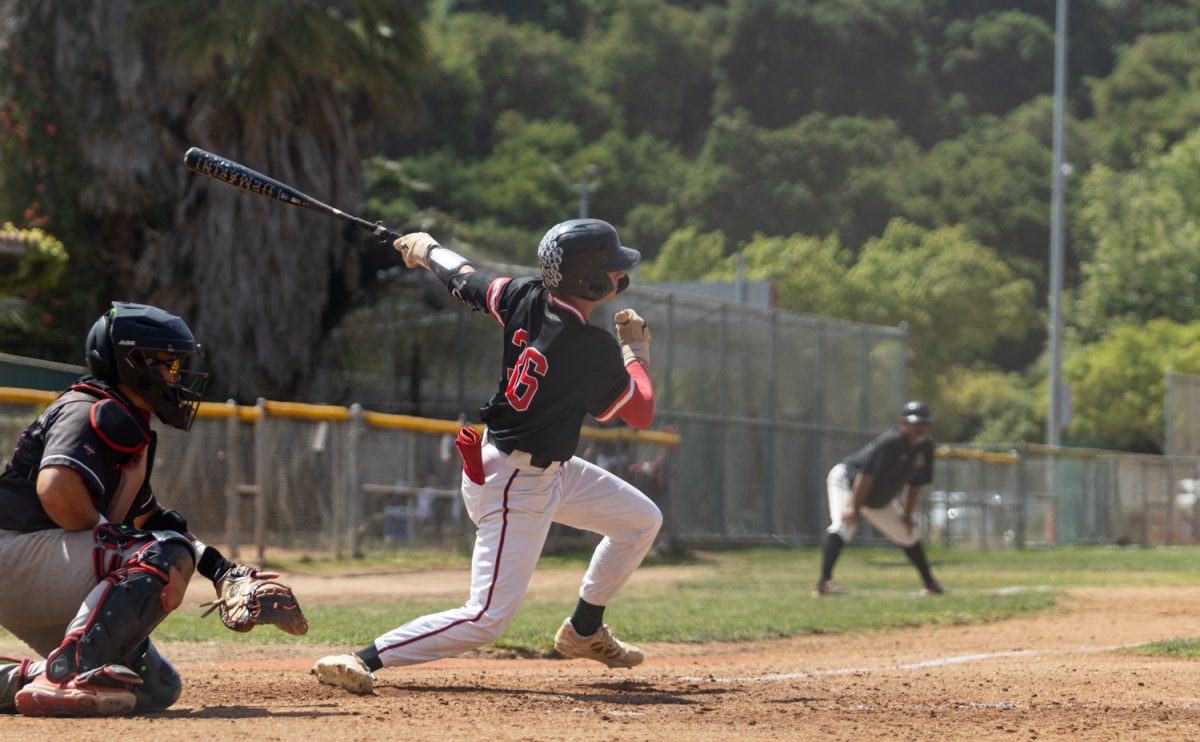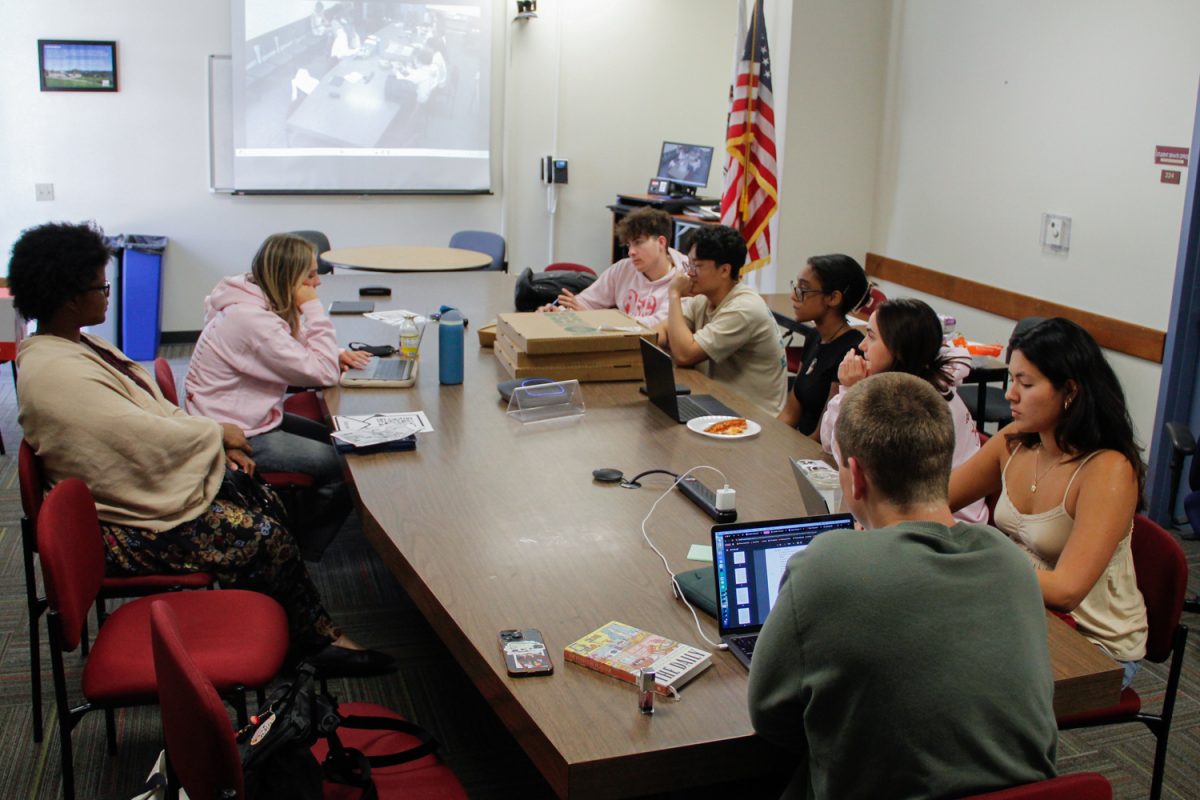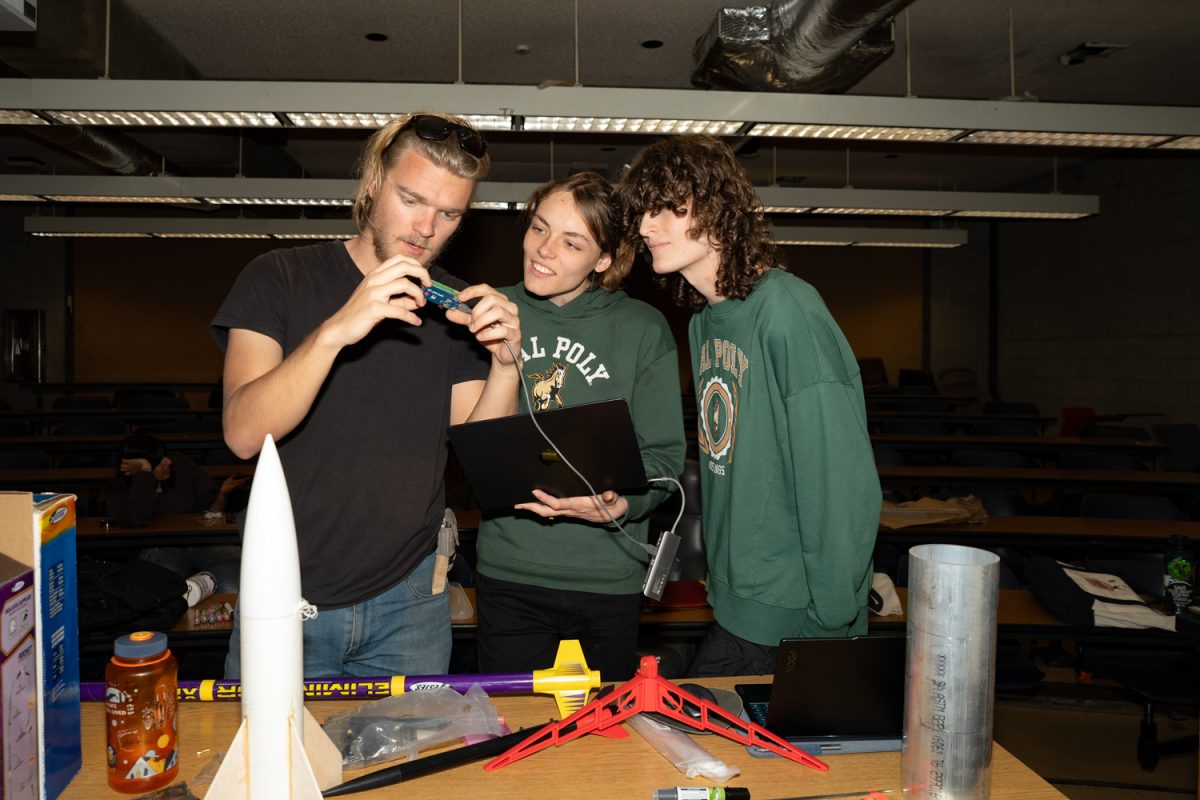Two years after an equity, diversity and inclusion climate survey showed reports of discrimination and mistrust between employees and thier superiors at City College, leadership is searching for ways to change the campus climate to ensure everybody feels heard.
“We’re just getting started to really making some concrete moves and some concrete decisions about how to move forward,” said Anna Everett, who was recently elected to the Board of Trustees.
The results of the survey forced the administration to consider what changes need to be made in order for all employees and students to have equal opportunity, fair treatment and representation in every area of campus.
Superintendent-President Utpal Goswami has spoken extensively on this during shared governance meetings, from the Academic Senate to the College Planning Council and Board of Trustees, including a report outlining the “framework for institutional response” regarding the survey.
The document also includes “suggested actions” to the survey, which is a list of ways in which the college can ensure every student feels welcome, heard and represented at every level. The actions range from drafting an “institutional statement” addressing equity, diversity and inclusion to updating policies and hiring practices “through an equity-based and antiracist lens.”
There has been a new Campus Climate Advisory Committee town-hall meeting designed as an open forum for City College community members to voice their concerns through this same lens, and this meeting is meant for conversations that lead to action.
“Typically our governance happens through our committee meeting, that’s where the conversations take place,” Goswami said.
Though there have been many vocal supporters at these meetings, the administration has faced criticism that the problems discussed in the survey and in these meetings are not being addressed.
Goswami said that much of this delay is due to systematic problems which can make it tough for some students to succeed.
“We are beholden to a curriculum that is driven by four-year institutions that do not serve many of our students well—in fact it guarantees many of our students will fail,” Goswami said.
According to the City College Student Achievement Metrics, the Black/African American and Hispanic/Latino students are at a higher risk to fail, and Goswami said “the impact is on marginalized communities.”
“Our education system was built to serve the elite and that is not serving the others very well,” Goswami said.
City College has a goal to eliminate the achievement gap by thinking “about ways in which we can equalize the playing field, right now the playing field is not equal,” Goswami said.
While administrators are ensuring equality for their students, there is also a push by faculty and staff to redress outdated administrative policies.
“The current procedures in policies have been shaped from white history, white culture, white supremacy,” Academic Senate President Raeanne Napoleon said.
Another of the college’s suggested actions includes diversifying the workforce.
The school has a goal to meet a percentage of what Goswami said are “diverse candidates,” adding that 30-40% would be a good number to be at.
City College is encouraging students and employees to speak up against injustice on campus.
The town hall was meant to be a place to talk candidly about those issues, but anyone can attend those meetings and people are not convinced it’s a safe space to speak freely.
“I can’t guarantee no repercussions,” Napoleon said. “But I’m trying to make spaces where it is comfortable.”
At the last meeting, she said she encouraged keeping the town hall as a “faculty-only space” to allow SBCC members a safer place to speak amongst themselves, without the fear of higher-ups listening.
In order to have somebody in the administration in charge of making these campus climate decisions, City College is currently searching to hire an Executive Director of Diversity, Equity, and Inclusion, Everett said.
The position is part of the college’s efforts to make leadership more inclusive and responsive.
“The people in leadership [now] are much different than they used to be,” Napoleon said.


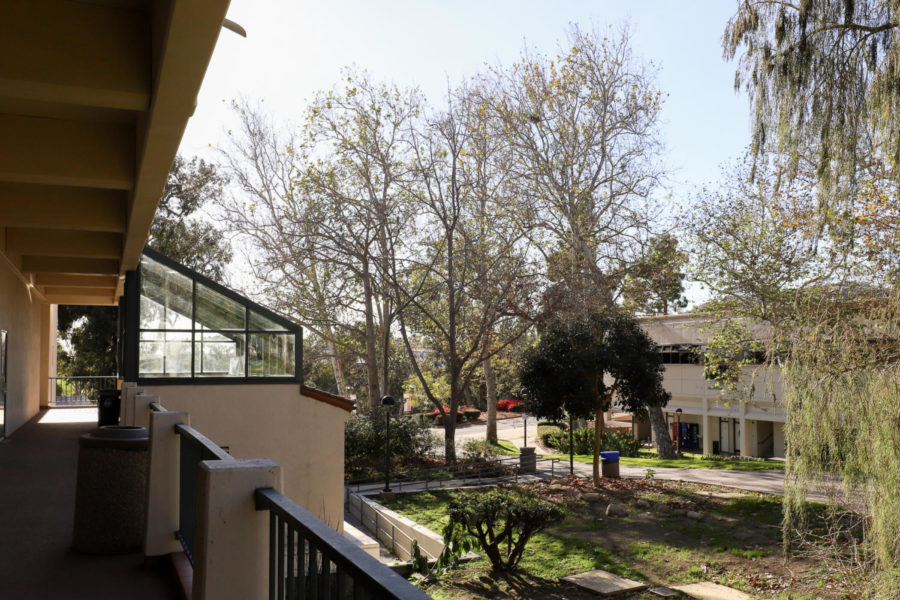


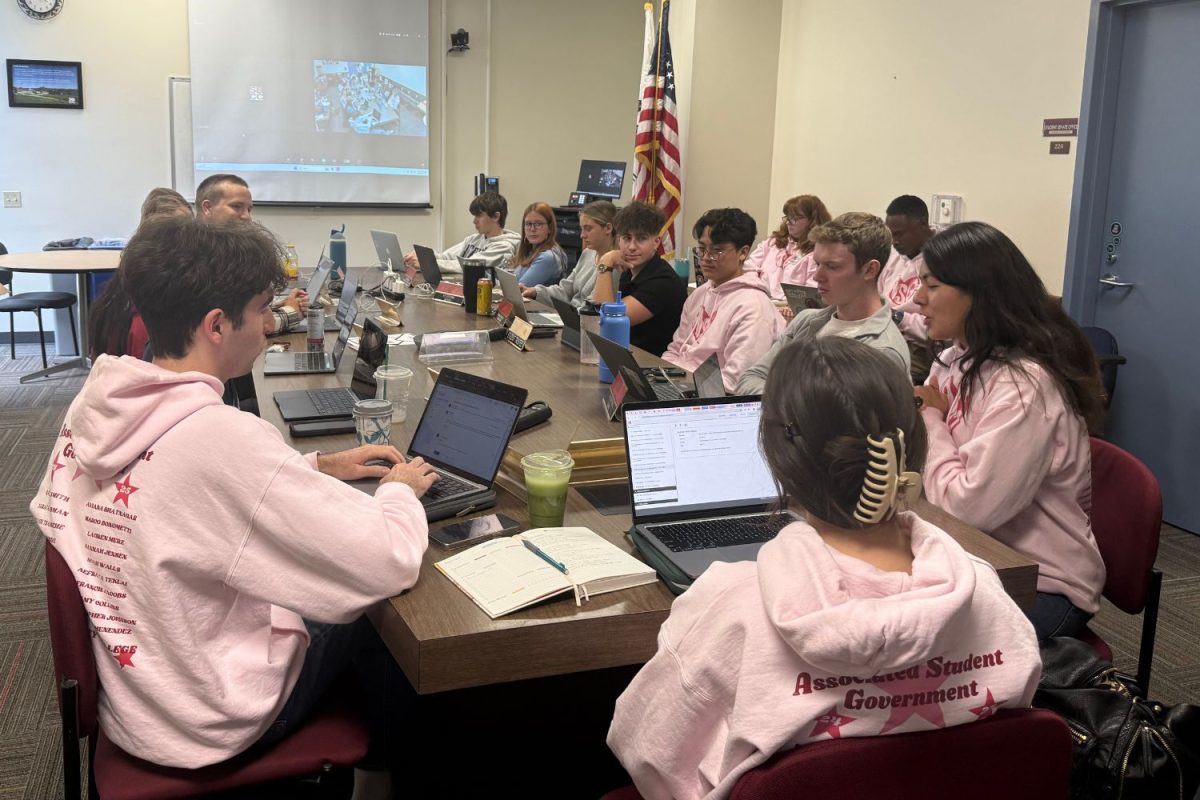





![Ken Watts uses the cable chest press machine on April 9 in Santa Barbara, Calif. "[What] people value the most in personal training is accountability," Watts said.](https://www.thechannels.org/wp-content/uploads/2025/04/MGSWatts-3-1200x800.jpg)
